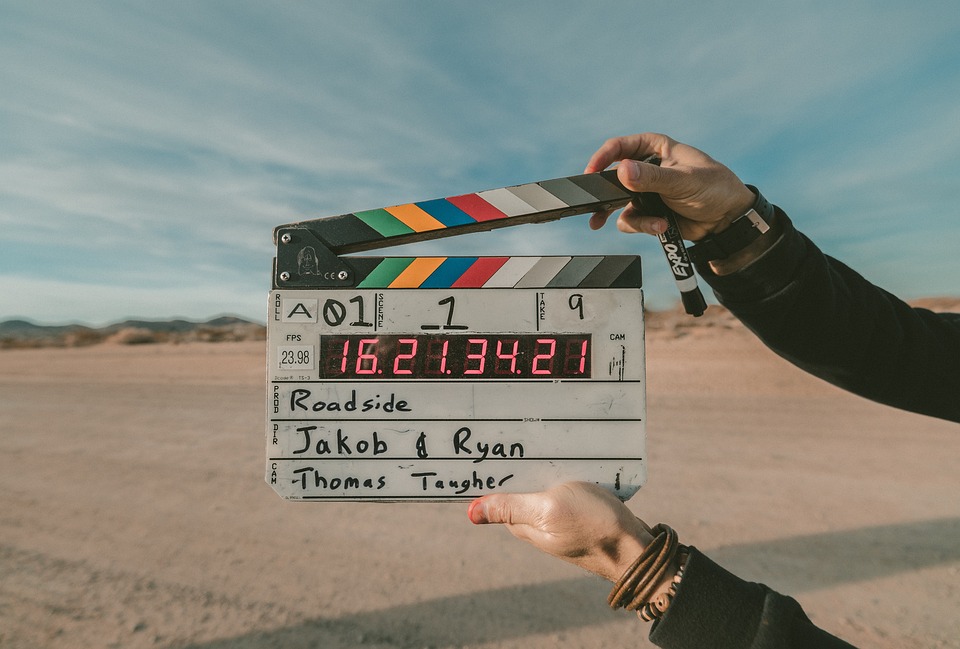Nollywood’s Diversity: How Nigerian Filmmakers are Tackling Important Social Issues
Nigeria’s film industry, also known as Nollywood, is one of the largest in the world, producing hundreds of films each year. What sets Nollywood apart from other film industries is its diversity and the way in which Nigerian filmmakers tackle important social issues in their work. From corruption and poverty to gender equality and LGBTQ rights, Nollywood films cover a wide range of topics that resonate with audiences both in Nigeria and around the world.
Portrayal of Women in Nollywood
One of the most important social issues that Nigerian filmmakers have been tackling in recent years is gender equality. In many Nollywood films, women are portrayed as strong and independent characters who are capable of achieving their goals and overcoming obstacles. This is a stark contrast to the traditional gender roles that have long been prevalent in Nigerian society, where women are often expected to be submissive and obedient.
For example, in the film “Lionheart,” directed by Genevieve Nnaji, the protagonist Adaeze is a young woman who takes over her father’s struggling transportation company and proves herself to be a capable leader despite facing numerous challenges along the way. The film not only highlights the importance of gender equality in the workplace but also challenges traditional notions of femininity and power.
Exploration of LGBTQ Rights
Another important social issue that Nigerian filmmakers have started to address is LGBTQ rights. In a country where homosexuality is still illegal and widely stigmatized, Nollywood films have the power to challenge these norms and promote acceptance and understanding of LGBTQ individuals.
One such film that tackles this issue is “Ife,” directed by Uyaiedu Ikpe-Etim. The film tells the love story between two women and explores the challenges they face in a society that is not accepting of their relationship. By portraying LGBTQ characters in a positive light, “Ife” seeks to promote tolerance and acceptance of diverse sexual orientations and identities.
Corruption and Politics
Corruption and politics are also common themes in Nollywood films, reflecting the realities of Nigerian society. Many filmmakers use their work to shed light on the widespread corruption that plagues the country and its impact on ordinary citizens. By exposing these issues and holding those in power accountable, Nigerian filmmakers are advocating for positive change in their society.
One film that delves into this topic is “October 1,” directed by Kunle Afolayan. The film follows a detective as he investigates a series of murders in a small Nigerian town leading up to the country’s independence day. As he uncovers the truth behind the killings, he discovers a web of corruption and betrayal that implicates powerful individuals in the government. “October 1” serves as a powerful commentary on the state of Nigerian politics and the need for transparency and accountability.
Representation of Cultural Diversity
Nigeria is a diverse country with over 250 ethnic groups and multiple languages spoken across its regions. Nollywood films often celebrate this diversity by showcasing a wide range of cultures and traditions, providing audiences with a glimpse into the rich tapestry of Nigerian society.
One film that exemplifies this is “The Wedding Party,” directed by Kemi Adetiba. The film follows the chaotic events leading up to a lavish wedding between a Yoruba bride and an Igbo groom, highlighting the cultural differences and comedic misunderstandings that arise between their families. “The Wedding Party” not only entertains audiences but also promotes intercultural understanding and appreciation.
Impact on Social Change
Through their diverse and socially conscious storytelling, Nigerian filmmakers are not only entertaining audiences but also provoking important conversations and inspiring social change. By addressing pressing issues such as gender equality, LGBTQ rights, corruption, and cultural diversity, Nollywood films have the power to challenge societal norms and advocate for a more inclusive and just society.
As Nollywood continues to grow and evolve, it is important for filmmakers to continue exploring important social issues and amplifying the voices of marginalized communities. By shining a light on these issues, Nollywood has the potential to not only entertain but also educate and empower audiences both in Nigeria and beyond.




